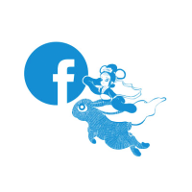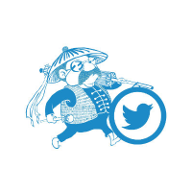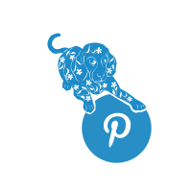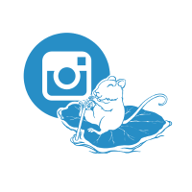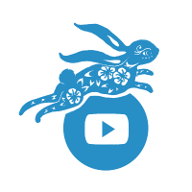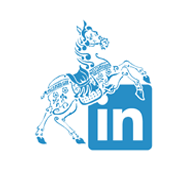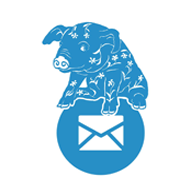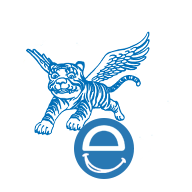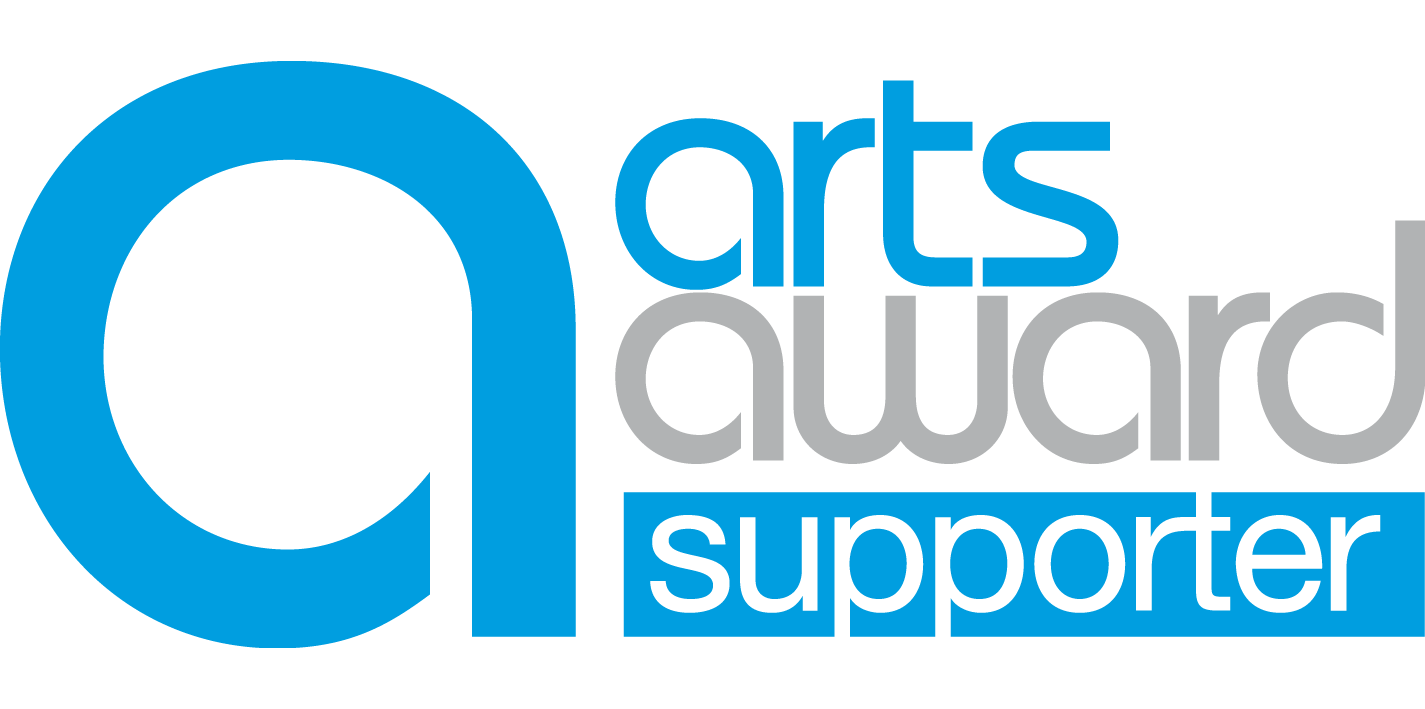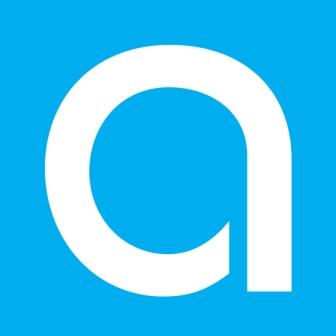FAQs
Q: What is the difference between Simplified and Traditional Chinese?
A: Simplified Chinese is perhaps more widely known as Mandarin. It is the way of writing the Chinese language that is used in most of Mainland China for business and administrative purposes and therefore it is the form of Chinese taught in British schools.
Traditional Chinese, as its name suggests, is an older form of writing still used in places such as Taiwan, Hong Kong, Macao and Chinese communities in Malaysia and is known also as Cantonese. The Chinese government introduced the Simplified form in 1949 in an effort to speed up literacy.
Snowflake Books are available both in Simplified and Traditional editions.
Q: Where can I buy your books?
A: Snowflake books can be bought from our online bookshop right here or if you prefer any local bookshop will order a copy for you.
Q: Is it safe to order from Snowflake Books directly?
A: Yes. We are one of tens of thousands online shops that use shopify which is the world's most trusted eCommerce platform and deals with transactions securely from all major credit cards.
Q: What is Pinyin?
A: Pinyin is a simple aid to show the pronunciation of Chinese words by using the Western Roman alphabet. It is most familiar when we see Chinese names written in the Western alphabet; for example, Deng Xiao Ping.
Many Snowflake bilingual story books show Pinyin equivalents for every word. While English readers can simply read the stories in English if they prefer, they can also practise reading the story aloud in Chinese. Many of our books include integral audio-CDs with complete pronunciation by a Chinese speaker.
Q: Is Snowflake Books a Chinese company?
A: Snowflake Books is entirely an English registered limited company. It has no association with the People’s Republic of China. Several of its authors, illustrators and translators are based in Taiwan and are familiar with traditional Chinese culture which gives our books their authenticity.
Q: Is Snowflake Books affiliated with the Confucius Institute?
A: Snowflake Books Ltd has no associations whatever with the Confucius Institute.
Q: Is Snowflake Books connected with Chinese government for propaganda purposes?
A: Snowflake Books Ltd has absolutely no connections with the Chinese government and has no interest in any form of propaganda. Snowflake Books seeks only to use traditional legends and stories to share the everyday wisdom and values of ordinary Chinese people, which we find are often similar to Western values.
Q: Are Snowflake books designed for those who are learning Chinese language?
A: Snowflake books are attractive and valuable supplements to formal language courses by providing reading practice and access to the wider context of Chinese life. They do not make up a formal language course in themselves.
Snowflake books are especially useful for parents and teachers who would like to introduce aspects of Chinese culture and language to their children who are not taking formal courses in Mandarin.
Q: I don’t know anything about Mandarin, how can I use your books?
A: As we know, most people learn languages at a young age by assimilation and not through formal study. Snowflake books introduce young children naturally to Mandarin through traditional legends and beautiful authentic pictures. This forms an early interest and foundation for later learning.
Q: Are your bilingual picture books for Chinese or English readers?
A: Both. Snowflake books provide practice in reading for English children learning Chinese and for Chinese children learning English. While we aim to familiarise English children with Chinese culture, Chinese children will also learn about their own culture and legends.
Q: Do I have to learn some Chinese language first to enjoy reading Snowflake Books?
A: Not at all. The English translations of the stories are complete in themselves and can be read to young children just as though the books were English story books, with many original and delightful pictures which can be used to talk children through the stories.
Q: How unique are your books compared to other language learning materials?
A: There are many forms of language materials. Strong features of our Simplified editions are short concise sentences in both languages, suitable for young children and for older beginners. The traditional legends and stories have been researched by a Taiwanese educationalist and translated cooperatively by a bi-lingual team.
Our books are beautiful and designed to be especially attractive to young children, with detailed full colour illustrations on every page. Our team of artists use a variety of styles but take care to portray authentic details of traditional costumes and objects. These books are printed on quality paper and have quality sewn bindings which mean they can be loved and passed down the generations and treasured as heirlooms. They are much more than mere textbooks.
Q: Chinese seems impossible to learn. Why do I need your books?
A: Chinese is becoming a useful language for native English speakers. Sufficient understanding of the language can open a different world and more opportunities, particularly for young people. By starting young with good approaches, learning Chinese will not be a mission impossible. We introduce the language by re-telling legends and stories from the mysterious old and ancient China and we use rich colourful illustrations to give you vivid ideas on how the stories were handed down in the original authentic settings. Children will find the books delightful and feel motivated to go on learn the language and culture.
Q: Why are these legendary stories useful in the modern world?
A: These stories can help you to understand many aspects of modern Chinese life. The Chinese have many popular festivals; New Year Festival is best known in the West, but there are many others: our stories explain the deeper meanings of these for Chinese people. Modern Chinese also use many pithy ‘four character sayings’ (like proverbs) in everyday life and again the stories explain what these mean. The great importance of dragon symbols is explained and you can discover the meanings of different forms of dragons in Chinese decoration.
Q: Can I trust the English translation?
A: Yes you can. We have a dedicated international team of authors, translators and editors. Our team collect traditional stories and research their historical contexts. The stories are written in Chinese and then translated literally into English. Based on the English translations, our editors in Oxford work together with the translators to edit and completely rewrite the stories into English children’s story style. Most importantly, this new English version is then translated back into Chinese to ensure the two versions agree. You can accept the English translation as an authentic English children’s story with origins from the ancient East.
Q: Where do you find the traditional legends and tales?
A: Most of the legend and tales have been collected by Xue Lin, a retired Chinese tutor in Taiwan. She has spent her whole life collecting, writing and promoting traditional stories and values to young pupils. Some of the stories may have been forgotten in Mainland China because of political changes.
Q: Are the illustrations original and faithful to the culture?
A: Yes our team of artists have been well trained in traditional Chinese culture and in techniques such as watercolour and paper cutting. They consult literature and ancient texts or visit traditional places and buildings in Taiwan to get the details correct and authentic. They use a variety of individual styles, both traditional and modern, and all the illustrations are original.
Q: How can schools use your books to introduce the Chinese language to pupils?
A: British schools today are expected to introduce their children to ethnic cultures, and our Snowflake children’s books offer an interesting and informal way to do that. At the same time they can help to overcome the rather forbidding strangeness of the Chinese language and enable children to learn simple words and expressions in Chinese Mandarin, which is fun for the children to do. The books are not a full study course in Mandarin, but they do provide excellent reading practice outside the syllabus.
Q: I’m a native Chinese speaker, can I use Snowflake books to improve my English?
A: That depends on how good your English is already. We aim for a simple, correct and lively English style which you can depend on. The parallel Chinese text and our audio CDs will help you.
Q: Why should my children learn about Chinese culture if they are not learning the Chinese language?
A: Almost every day we hear of fresh links between China and Britain so it seems wise and interesting to learn some things about Chinese culture.
Q: What’s the point in learning Chinese culture in English for native Chinese speakers?
A: Again it’s a question of how much you know already. Remember these books are meant for children who can enjoy learning about the meanings of Chinese festivals and sayings. But adults in any culture can be interested to learn more about their own society, and if you grew up in Mainland China you may not know some of these legends and festivals anyway.
Q: I don’t want to learn Mandarin but am interested in the Chinese stories, do you have any book about China in English only?
A: No, but you can just read the full English text and discover Chinese culture without any knowledge of Mandarin.
Q: I would like to do business with Chinese and need to know how to work with Chinese, will Snowflake books be helpful?
A: Chinese businessmen feel their English is good enough and may feel patronised if you try to speak Chinese to them. They will use Chinese when they talk among themselves, but you would need to be very fluent in Chinese to understand what they are saying. Snowflake books will help you to understand something of their culture, which they will appreciate.


